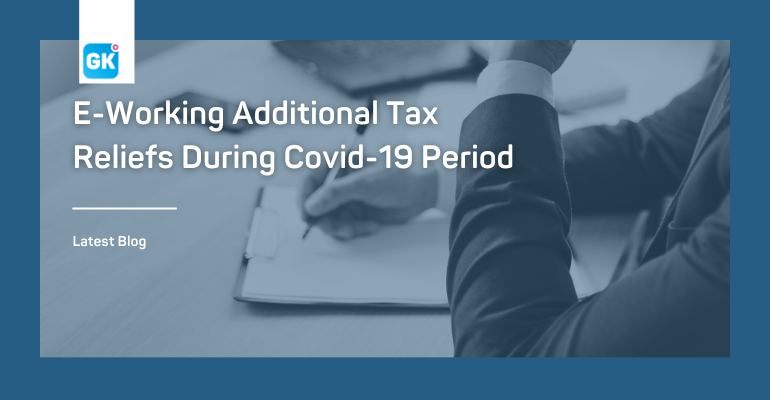Additional Information on E-Working Benefits

Additional Information on E-Working Benefits
Revenue accepts that an employee will incur additional utility expenses in the performance of his or her duties while working from home.
What is E-Working?
Generally, e-working is regarded as a method of working, using information and communication technology, in which the work-related activity that is carried out is not bound to any particular location.E-Working Includes:
- Working at home either on a full-time or part-time basis; or
- Working some of the time at home and the remainder in the office,
Employer Contribution
The employer can choose to make a contribution of €3.20 per day tax free to employees to reimburse him or her for the costs incurred in working from home or alternatively the employee can make a claim directly to Revenue at the end of the year for such costs as set out below.
Employer Makes Payment of €3.20 Per Day for E-Worker
Revenue allow an employer to make payments of up to €3.20 per day tax free to employees who satisfy the conditions for the relief. Amounts in excess of €3.20 paid by the employer should be subjected to income tax, PRSI and USC as normal.
Records of payments made must be retained by the employer for the purpose of any potential future Revenue compliance intervention.
Employer Does Not Makes Payments Toward E-Worker Expenses
Where an employer does not pay €3.20 per day to an e-worker, the employee is not entitled to claim a round sum of €3.20 per day. Where additional expenses are incurred, the employee is entitled to claim the following:
- Electricity and Heat: 10% of cost of electricity and heat apportioned on the basis of the number of days worked from home over the
- Broadband: 30% of the cost of broadband apportioned on the basis of the number of days worked from home over the year. This concession, commencing in tax year 2020, will apply for the duration of the
To claim an allowable e-working expense, the employee must have incurred the cost and it is the responsibility of the employee to retain proof of payment. If an expense is shared between two or more people, the cost can be apportioned based on the amount paid by each individual.
For more information visit Revenue.ie


